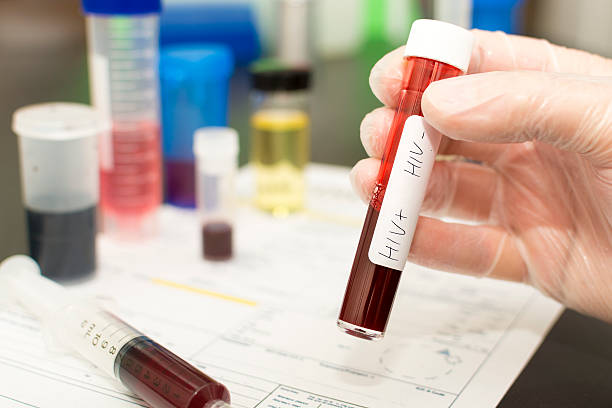Hello Everyone! Welcome to SasVibe. Tripura is grappling with a severe HIV crisis as recent reports reveal that 47 students have succumbed to HIV infection, and 828 students have tested positive. This shocking data highlights the urgent need for comprehensive medical interventions and robust preventive measures.
The situation has escalated to a public health emergency, prompting state authorities to intensify efforts to combat the spread of HIV. Initiatives are being launched to raise awareness, improve access to healthcare, and provide support to those affected. The focus is on educating the public about HIV transmission, promoting safe practices, and encouraging regular testing to facilitate early detection and treatment.
The alarming number of young lives affected by this crisis underscores the necessity for immediate action. The government, in collaboration with healthcare providers and non-governmental organizations, is working to implement strategies that can curb the spread of HIV and ensure the well-being of Tripura’s youth.
The Scope of the Crisis
The statistics are a stark reminder of the widespread impact of HIV in the region. The loss of 47 students to this infection is a tragic testament to the urgent need for effective health policies and community engagement. The fact that 828 students have tested positive indicates a broader issue that requires comprehensive solutions, including better healthcare infrastructure and increased public awareness campaigns.
Steps Being Taken
In response to this crisis, the Tripura state government has outlined several initiatives aimed at addressing the root causes and mitigating the impact of HIV. These include:
- Enhanced Medical Facilities: Improving access to medical care for early diagnosis and treatment of HIV.
- Awareness Campaigns: Launching educational programs to inform the public about HIV prevention, safe practices, and the importance of regular testing.
- Support Systems: Establishing support networks for affected individuals, including counseling and medical assistance.
- Collaboration with NGOs: Partnering with non-governmental organizations to leverage resources and expertise in tackling the HIV epidemic.
Community Involvement
Community involvement plays a critical role in combating the HIV crisis. Local leaders, educators, and health workers are being mobilized to spread awareness and encourage safe practices within their communities. Grassroots campaigns are essential in dispelling myths about HIV and promoting a supportive environment for those affected.
Looking Ahead
The situation in Tripura serves as a poignant reminder of the ongoing challenges in managing public health crises. The state’s proactive measures and community engagement efforts are crucial steps in the right direction. However, sustained efforts and continuous monitoring are necessary to ensure long-term success in curbing the HIV epidemic.
Conclusion
The HIV crisis in Tripura highlights the critical need for immediate and sustained action. With 47 students lost to the infection and 828 more testing positive, it is imperative to implement comprehensive health policies, raise public awareness, and provide robust support systems. The collaborative efforts of the government, healthcare providers, and the community are essential in addressing this public health emergency and safeguarding the future of Tripura’s youth.



